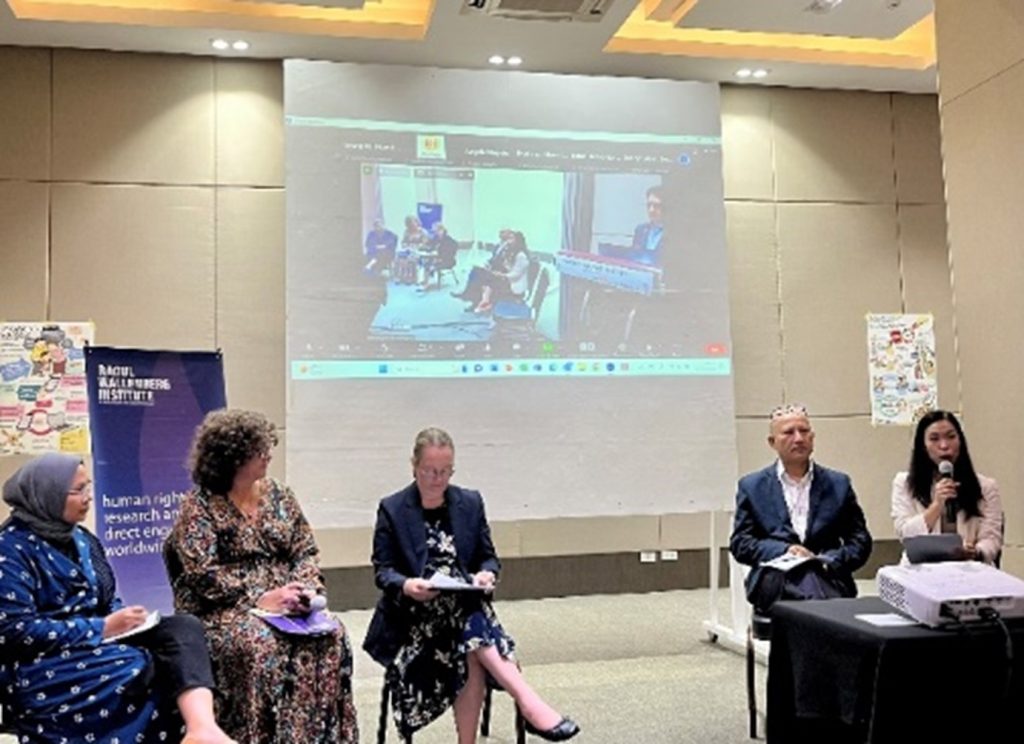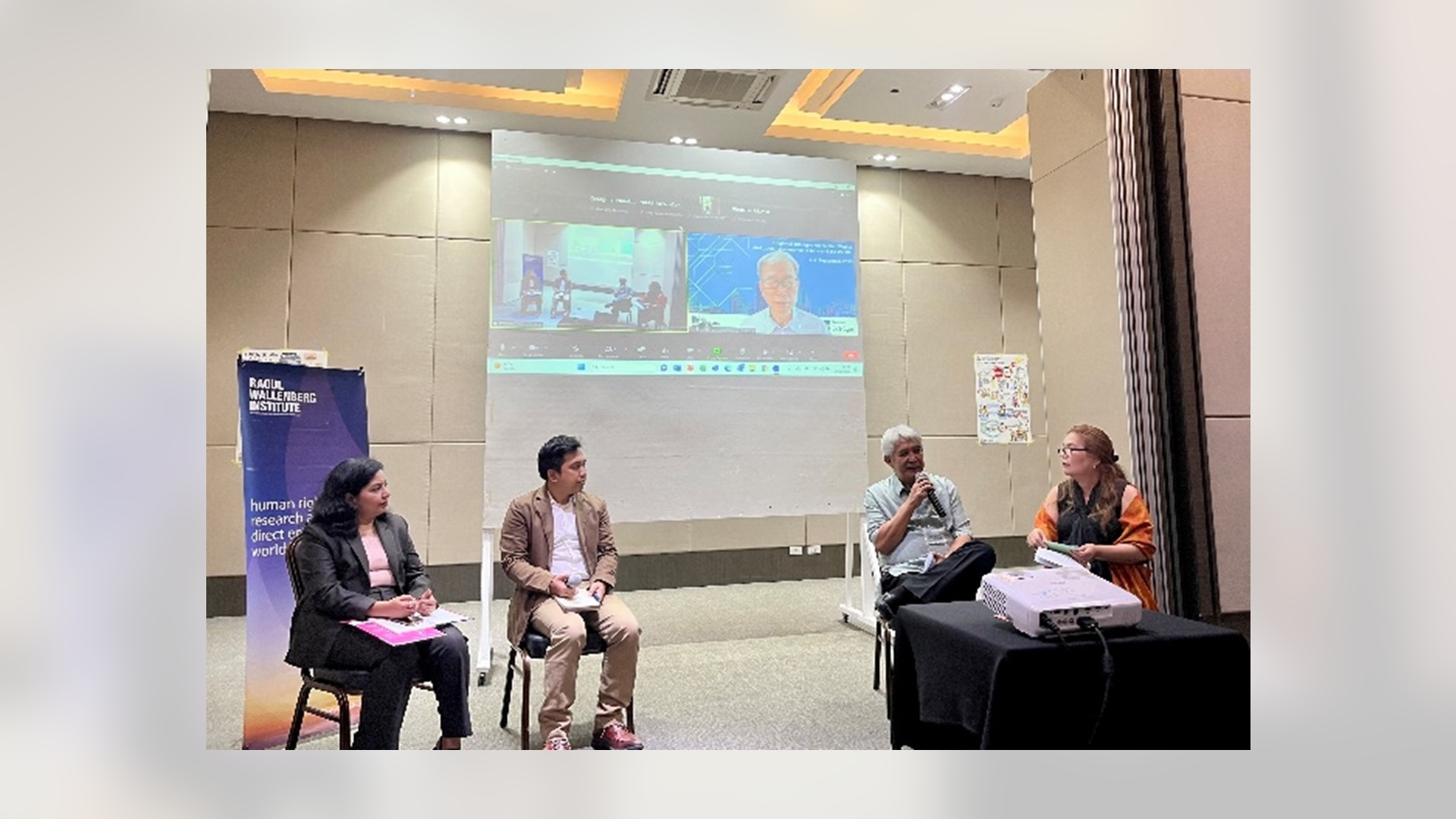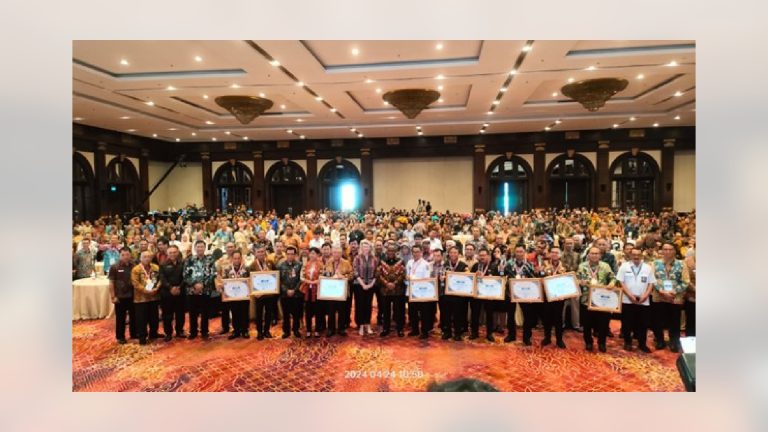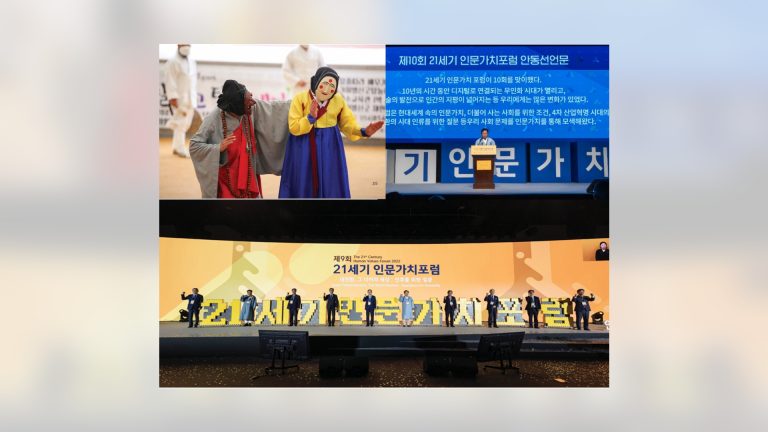September 6-7, 2023 | Manila – UCLG ASPAC was invited to the “Regional Dialogue on Human Rights and Local Governance in Asia and the Pacific” workshop organised by the Raoul Wallenberg Institute of Human Rights and Humanitarian Law (RWI). UCLG ASPAC attended in its capacity as a local governments network in Asia-Pacific that supports SDGs localisation and the integration of human rights-based approach in the local policies. This workshop was designed to contribute to the enhancement of the understanding and part of the collaboration with RWI and Gwangju City, in addition to the Blended Learning Course (BLC) programme, held from 2019 to December 2023. Two cities of the Blended Learning Course (BLC) alumni in attendance were UCLG ASPAC members – Makati City and Baguio City.

In the panel discussion on Integration of HRBA into Local Policies and Programmes – Citizen Participation, Inclusion, and Human Rights in Urban Planning, Ms. Joyce Sy, Planning Officer of Makati City, remarked that HRBA is vital to make cities as places of equal opportunities for all. She shared how Makati City employs a converge approach in citizen participation wherein there is balance between what the local government wants to prioritise and the expressed needs of the stakeholders. She highlighted that vulnerable sectors should be constantly represented at the start of the development process.
In the panel discussion on Challenges and Innovations in Integrating HRBA into Local Policies and Programmes, Atty. Jose Molintas, Councillor of Baguio City, stated that human rights is part of good governance and the public service delivery function of local governments. However, there is a challenge in the country on the understanding and perception of human rights as it is being associated with activism and insurgence. Baguio City is promoted as a peace zone and hopefully a model for human rights advocacy. The city council developed ordinances based on human rights such as the Human Rights Defenders (HRD) ordinance. He stressed the importance of empowering the people by giving them access to local processes in order to have sustainability in addressing the issues of vulnerable groups. In the same panel, the Capacity Development and Learning Coordinator of UCLG ASPAC underlined the adequate awareness and capacity of local governments that are important to integrate HRBA into local policies. UCLG ASPAC has been capacitating the local leaders on HRBA integration into local planning and policies through the available capacity-building platforms. To facilitate the mainstreaming of HRBA, an enabling environment with a sufficient regulatory framework is crucial. An example includes the ministerial regulation on the criteria for human rights cities in Indonesia that was developed by the Ministry of Law and Human Rights and can be used as a reference for local governments to meet with requirements for becoming human rights cities.
*****











